On the morning of May 9, at the Government Headquarters, Prime Minister Pham Minh Chinh - Chairman of the Red River Delta Coordination Council chaired the Council's third meeting. At the meeting, Prime Minister Pham Minh Chinh and Minister of Planning and Investment Nguyen Chi Dung presented the Prime Minister's Decision approving the Planning to leaders of the provinces and cities in the Red River Delta.

Prime Minister Pham Minh Chinh attended and directed the conference.
Also attending were comrade Dinh Tien Dung, Politburo member, Secretary of the Hanoi Party Committee; Minister of Planning and Investment Nguyen Chi Dung, Permanent Vice Chairman of the Council; leaders of ministries, departments, branches, central agencies; experts and scientists.
According to the program, the Conference announced Decision No. 368/QD-TTg dated May 4, 2024 of the Prime Minister approving the Planning of the Red River Delta region for the 2021-2030 period, with a vision to 2050; reviewed the implementation of Resolution No. 30-NQ/TW dated November 23, 2022 of the Politburo on socio-economic development and ensuring national defense and security in the Red River Delta region to 2030, with a vision to 2045 and Resolution No. 14/NQ-CP dated February 8, 2023 of the Government on the Government's Action Program to implement Resolution No. 30-NQ/TW of the Politburo; the implementation of a number of important and regional linkage projects; discussed the Regional Linkage Coordination Plan for 2024; reported on the review of specific mechanisms and policies of the region.
Prime Minister Pham Minh Chinh has just signed and issued Decision No. 368/QD-TTg dated May 4, 2024 approving the Planning for the Red River Delta region for the 2021-2030 period, with a vision to 2050. Accordingly, the viewpoint of developing the Red River Delta region is that it is a particularly important strategic area, a leading driving force for development, playing a leading role in the process of restructuring the economy and transforming the country's growth model to create a breakthrough for rapid and sustainable development. Regional development must promote the role and effectively exploit the strengths of geopolitics, geo-economics, natural conditions and cultural and historical values; economic corridors, belts, growth poles, economic centers, and urban systems.
Regional economic development and restructuring must rely on science and technology, innovation, and digital transformation to improve productivity, quality, efficiency, and competitiveness of the region; must effectively promote the effectiveness of science and technology research centers and leading national innovation centers to transform the growth model towards modern industry and services, high-tech, organic, green, and circular agriculture, ensuring that the region develops in a modern, civilized, and ecological manner, leading the country. Develop a synchronous and modern infrastructure system, ensure a reasonable, effective, unified spatial organization, and intra-regional, inter-regional, regional, and international linkages, and maximize the advantages of the region and the spillover effects of dynamic regions, growth poles, economic corridors, and international ports.

Conference scene.
By 2050, the Red River Delta will be a modern, civilized, ecological, high-income development region; a major economic and financial center of regional and world stature; the country's leading center for culture, education-training, science-technology, innovation, digital economy, digital society, health and public health care. Industries will develop with modern technology, product quality will meet international standards, deeply participate in the global value chain, develop new, high-tech industrial industries and products, and be proactive in research, design, and manufacturing.
Forming large regional and world-class service centers for trade, tourism, finance, and logistics in Hanoi, Hai Phong, and Quang Ninh. Developing modern, highly efficient agriculture. Developing a regional urban system in a green, smart, sustainable, and climate-change-adaptive direction, with synchronous, modern infrastructure, a high urban environment and quality of life, and a worthy role and position in the Asia-Pacific urban network. The capital Hanoi becomes a globally connected city; with comprehensive, unique, and harmonious economic, cultural, and social development, representing the whole country; on par with the capitals of developed countries in the region and the world.
According to the newly approved planning, the socio-economic activities of the region are organized into 2 sub-regions (north of the Red River and south of the Red River) with 1 national dynamic region (including Hanoi city and district-level areas along National Highway 5 and National Highway 18 through the provinces of Bac Ninh, Hung Yen, Hai Duong, Hai Phong city and Quang Ninh province), 4 growth poles (including the capital Hanoi, Bac Ninh, Quang Ninh, Hai Phong) and 5 economic corridors (2 international connection corridors; 3 regional connection corridors).

Prime Minister Pham Minh Chinh delivered a speech at the conference.
The northern sub-region includes 7 provinces and cities: Hanoi, Hai Phong, Quang Ninh, Hai Duong, Hung Yen, Bac Ninh and Vinh Phuc. The development of the northern sub-region is closely linked to the development of the Hanoi capital region. Focus on developing high-tech industry, processing and manufacturing industries with high added value, especially mechatronics, semiconductors, digital technology products, artificial intelligence, and robot manufacturing. Develop services, trade, finance-banking, transportation-logistics services, and international tourism; lead the country in education and training, science-technology and innovation, culture and sports, health care and public health care. Ensure close links between economic development and environmental protection, security and social order, and firmly consolidate national defense.
The southern sub-region includes 4 provinces of Thai Binh, Nam Dinh, Ha Nam and Ninh Binh: Developing coastal economic zones and industrial parks to create momentum to promote strong economic restructuring; developing high-tech, organic and circular agriculture; preservation and processing of agricultural products, supporting industries, renewable energy and clean energy; developing eco-tourism, resorts, cultural and spiritual tourism associated with environmental protection; developing a number of service sectors such as transportation, warehousing and especially tourism services connecting with the North Central sub-region. Protecting the coastal ecological environment and aquatic and marine resources; protecting and developing the coastal protection forest ecosystem.
Speaking at the conference, Prime Minister Pham Minh Chinh emphasized that after Resolution 30-NQ/TW was issued, the thinking, methodology and approaches to implementing the Resolution have improved and changed compared to before: we have established a Regional Coordination Council and immediately issued the Government's Action Program to implement Resolution 30-NQ/TW. The Regional Coordination Council has been operating effectively. Based on Resolution 30, we have built specific programs and tasks in the Action Program; each meeting reviews specific tasks and orients subsequent tasks.

Deputy Minister of Planning and Investment Tran Duy Dong spoke.
This conference assessed after 1 year of implementing Resolution 30-NQ/TW, what has been done, what has not been done, what must continue to be done; since the 2nd Council Conference until now, we have taken a step forward in approving the Red River Delta Regional Planning. The Prime Minister commended the Ministry of Planning and Investment for its great efforts in completing the Planning; the work done and the results are very specific, not formal. The Government has an Action Program, actively implemented, summarized, evaluated and built the Planning according to the Planning Law with a very serious spirit. The Ministry of Planning and Investment is very responsible, working day and night; the Appraisal Council is very responsible for the common development of the country.
The Prime Minister requested that delegates provide additional comments after the announcement of the Plan to concretize the vision, viewpoints, and goals in the Resolution on regional development into an Action Program and Plan; concretize the direction and arrange the space for regional development. Currently, we have completed all 6 regional Plans; implemented important, connecting projects between provinces in the region, linking regions and sectors, accelerating the implementation of key strategic breakthrough tasks to maximize the potential differences, outstanding opportunities, and competitive advantages; clearly identify, mobilize, and allocate resources for implementation.
The Prime Minister hopes that delegates will contribute their comments to the Report summarizing 1 year of implementing Resolution 30-NQ/TW, deepening the solutions to implement the Planning; highlighting the main difficulties and challenges of the region, what issues need to be supplemented and improved? Especially institutions, mechanisms, policies, and resources for implementation. Institutions are a very important issue, institutions are the driving force, resources, and one of the three strategic breakthroughs that must be implemented; specific key tasks that need to be assigned to ministries, branches, and localities in the Red River Delta to implement the Regional Planning with the highest efficiency according to Resolution 30; issues arising in the work arising in the current regional coordination work.

Prime Minister Pham Minh Chinh and Minister of Planning and Investment Nguyen Chi Dung presented the Prime Minister's Decision approving the Planning to leaders of provinces and cities in the Red River Delta region.
The Prime Minister asked the delegates to go straight to the point, be concise; state directly what issues need to be focused on in the overall Resolution 30, the Government's Action Program with the spirit of doing the easy first, the difficult later, going from simple to complex, from low to high, both immediate and long-term; do each task firmly, do what is certain and clear, do not be perfectionist, do not be hasty; whatever is proposed must be done.
At the Conference, Prime Minister Pham Minh Chinh and Minister of Planning and Investment Nguyen Chi Dung presented the Prime Minister's Decision approving the Planning to leaders of provinces and cities in the Red River Delta region.
Xuan Hoa (According to Nhandan.vn)
Source










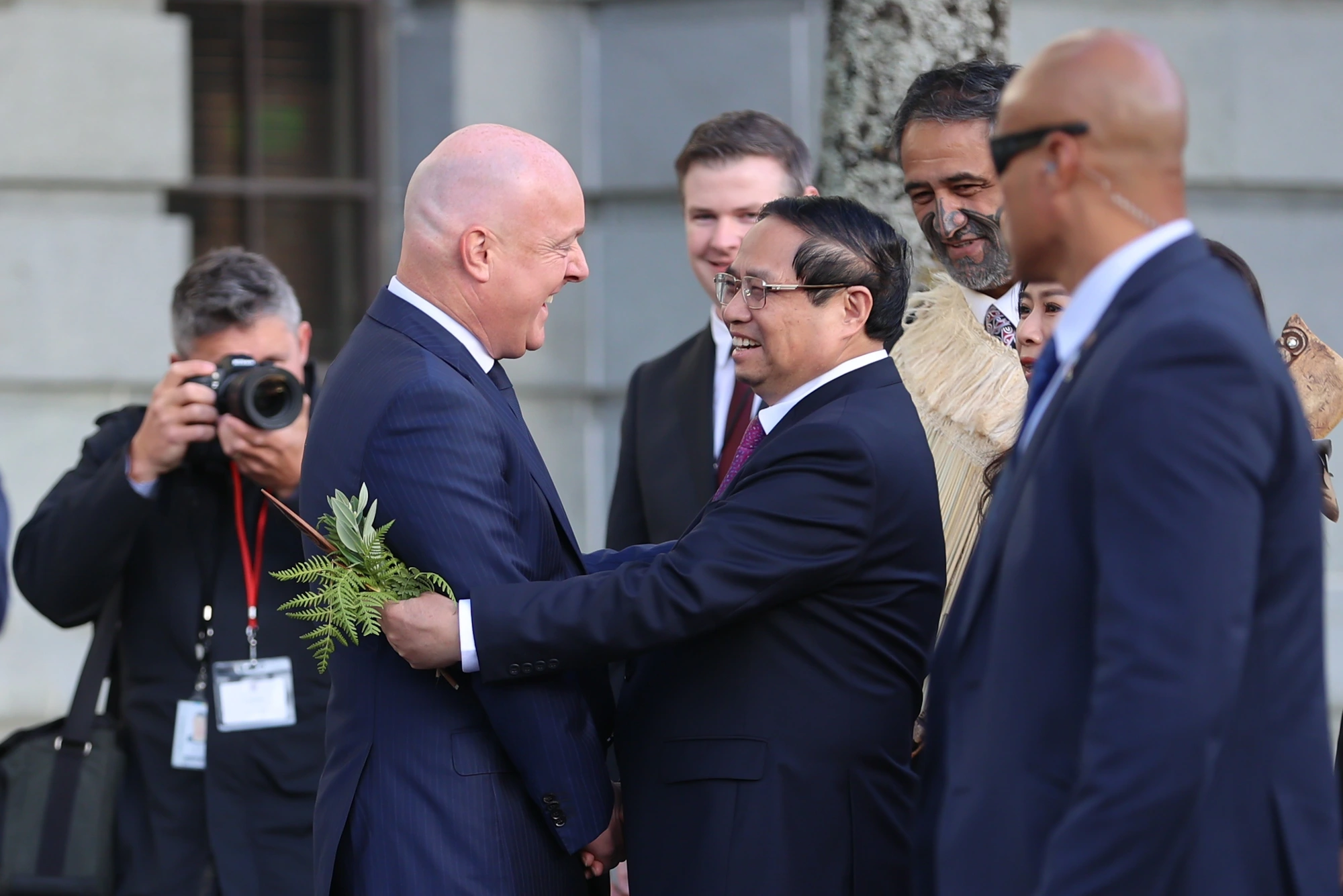
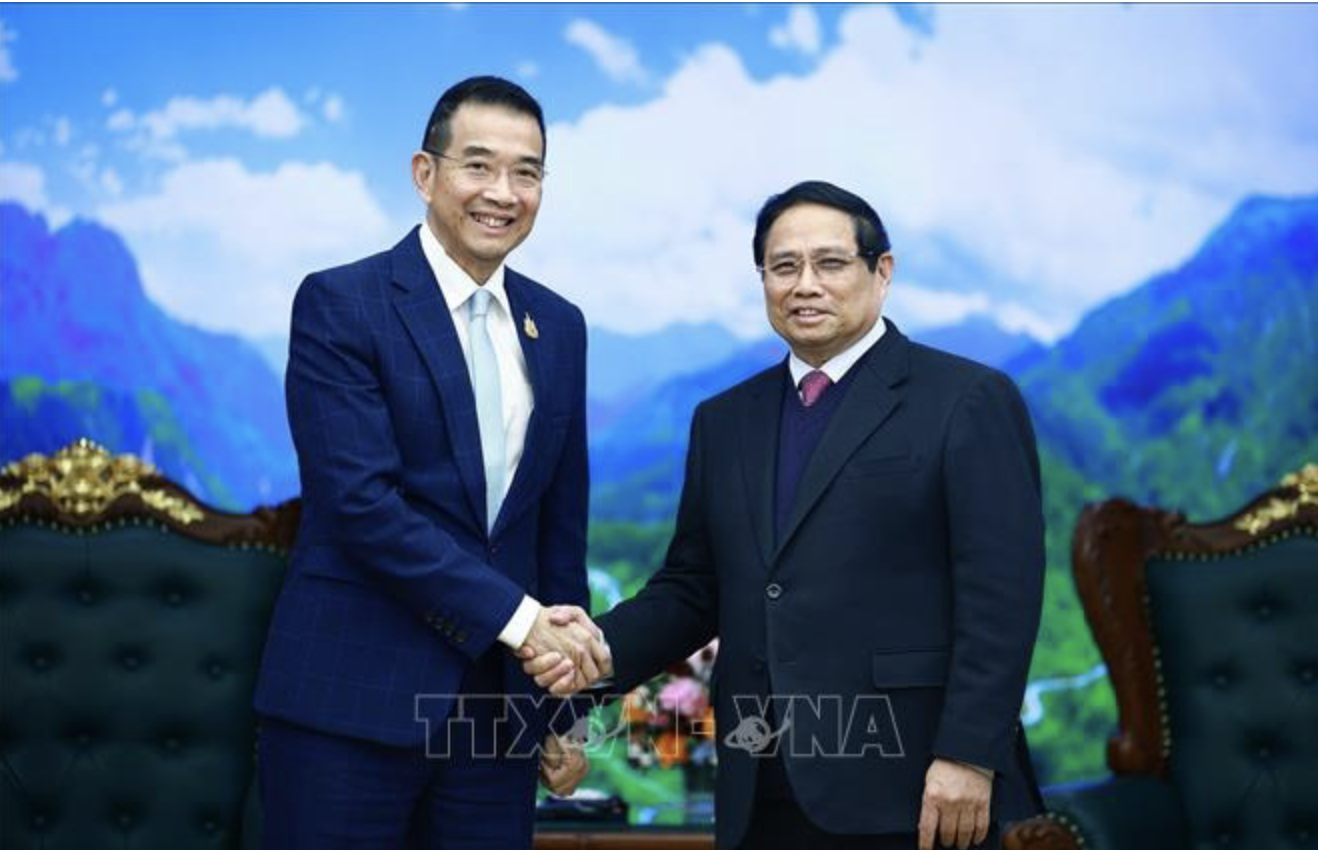

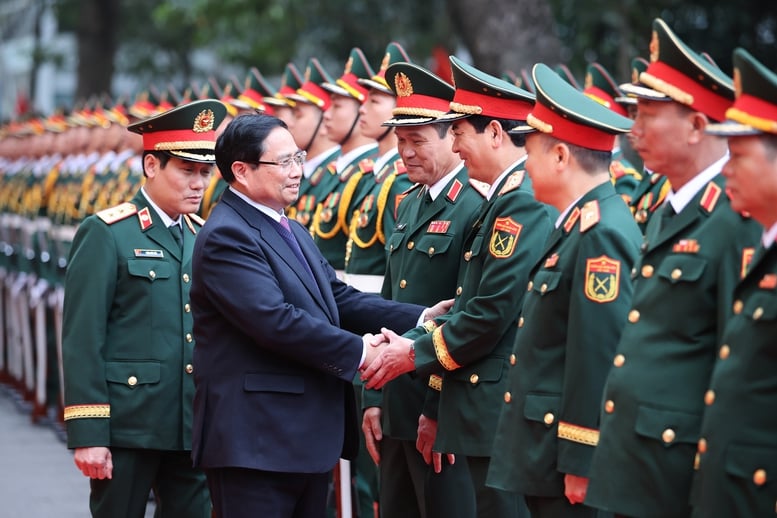

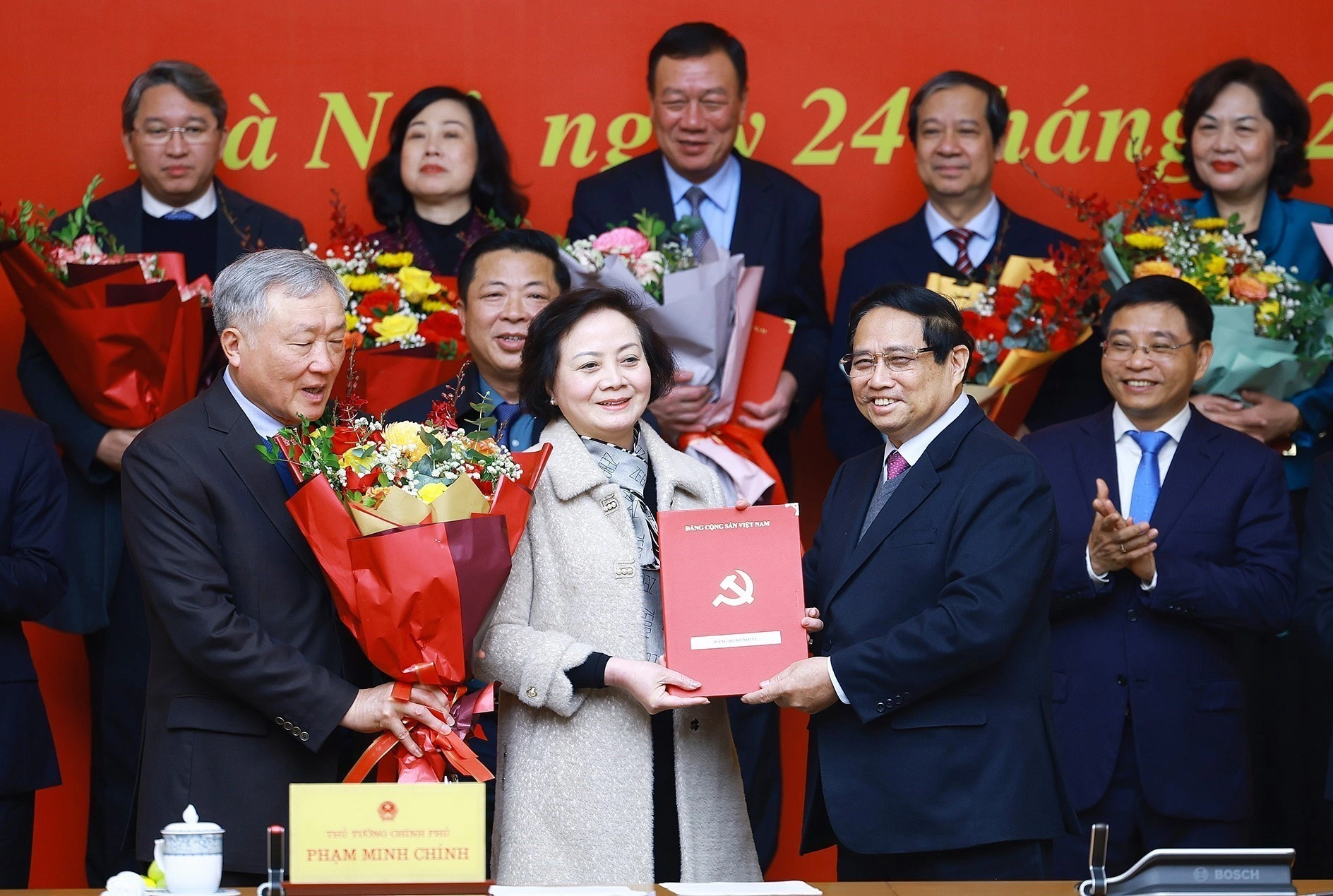

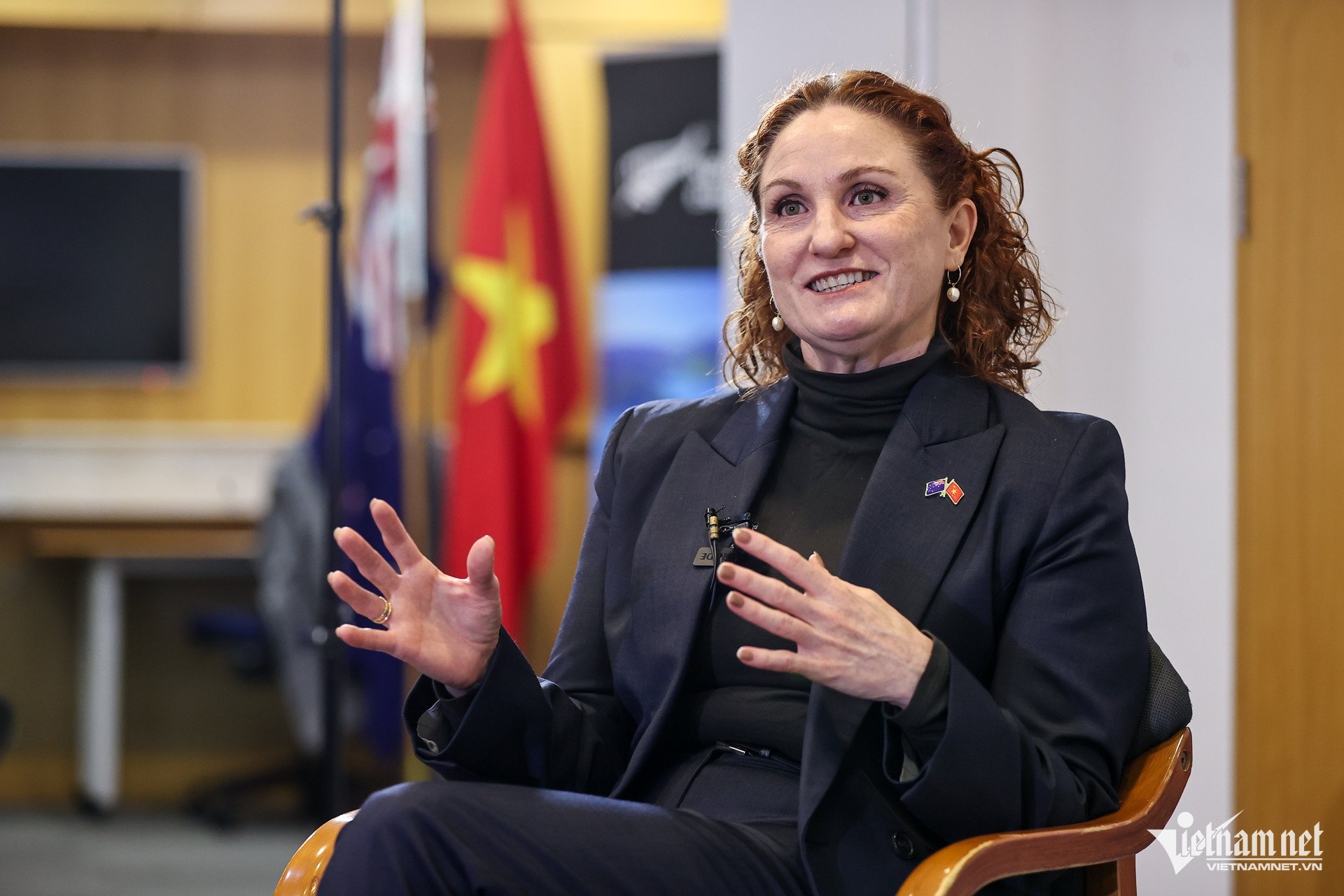









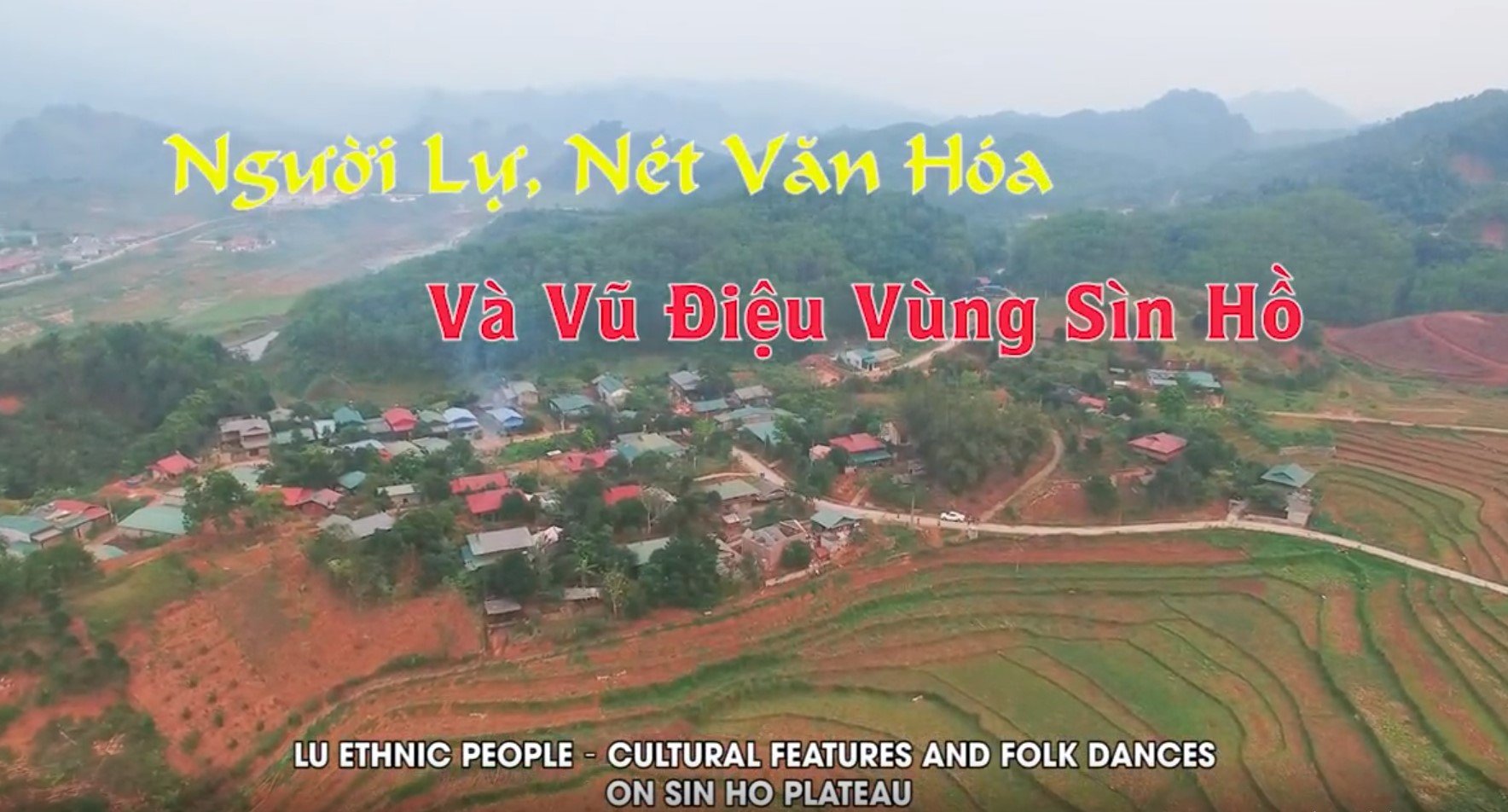












![[Photo] Prime Minister Pham Minh Chinh chairs Government Conference with localities on economic growth](https://vstatic.vietnam.vn/vietnam/resource/IMAGE/2025/2/21/f34583484f2643a2a2b72168a0d64baa)































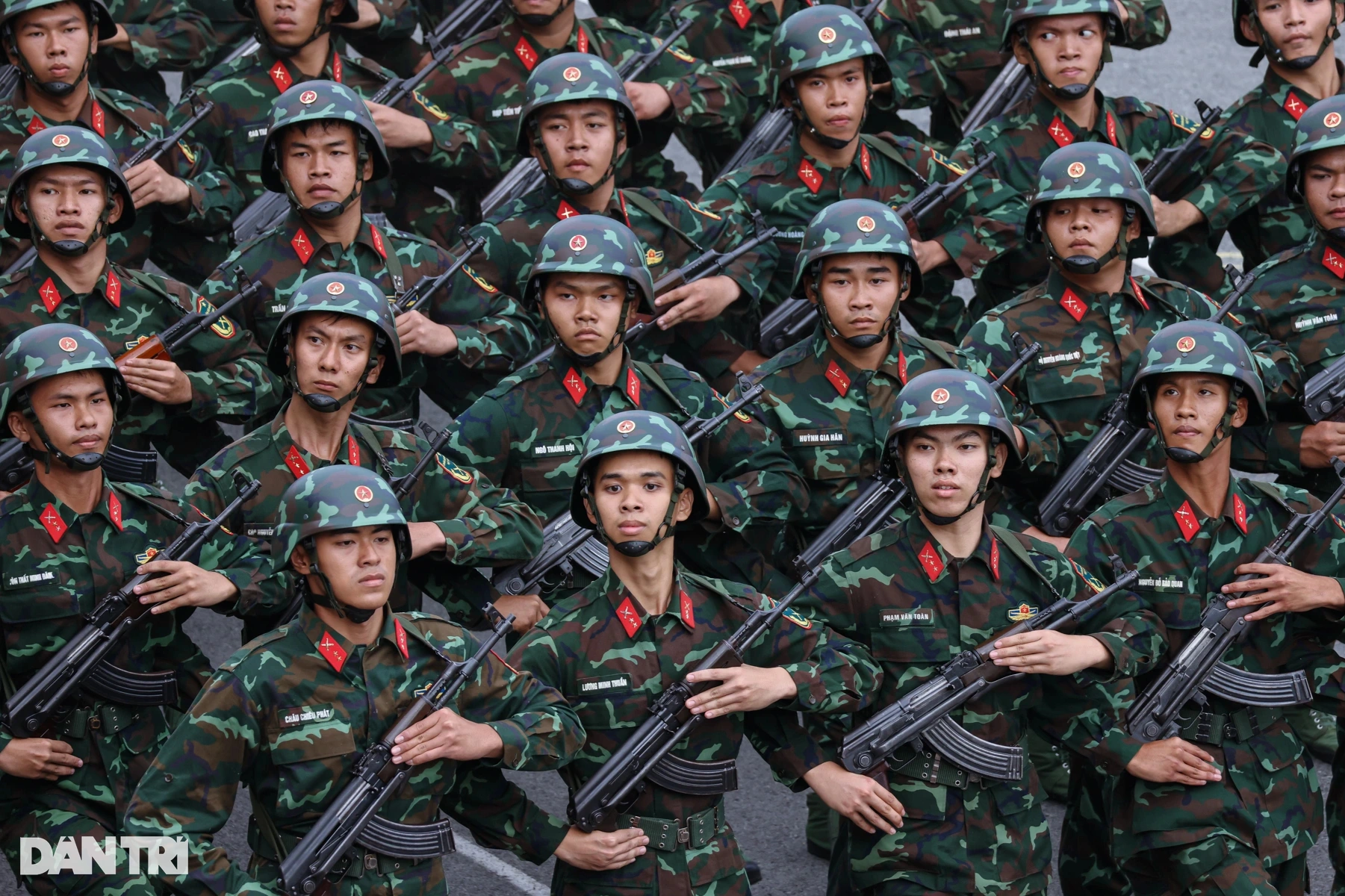

















Comment (0)